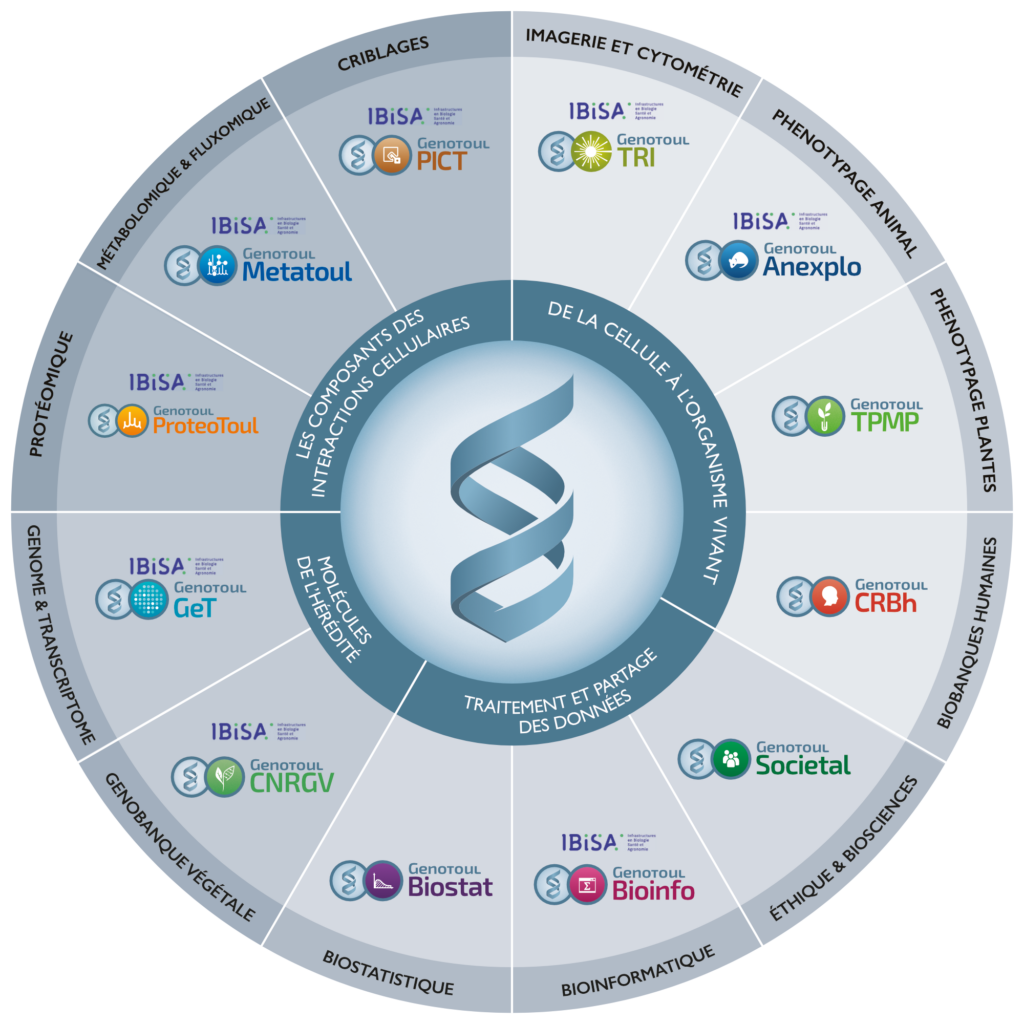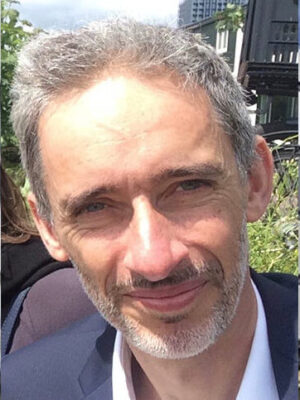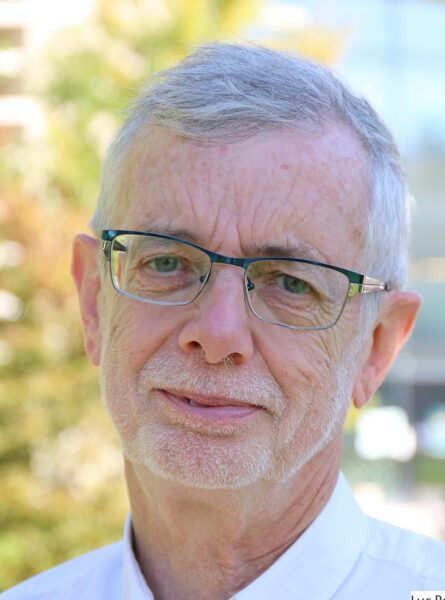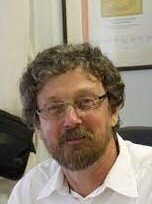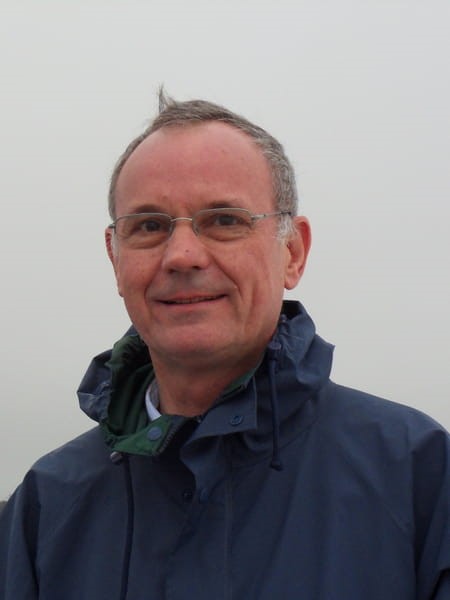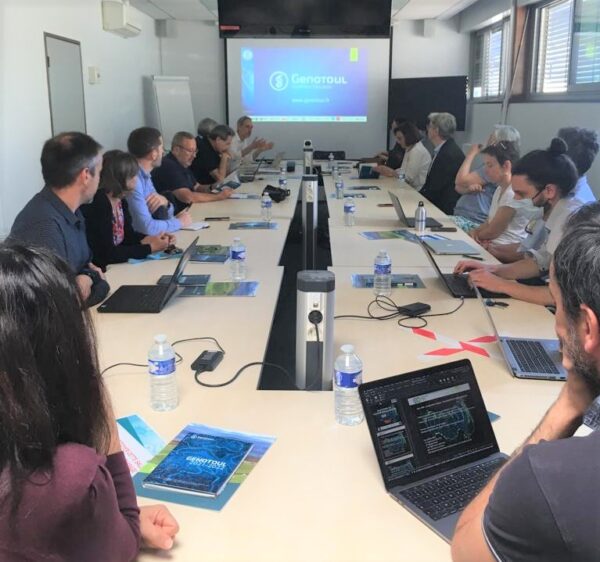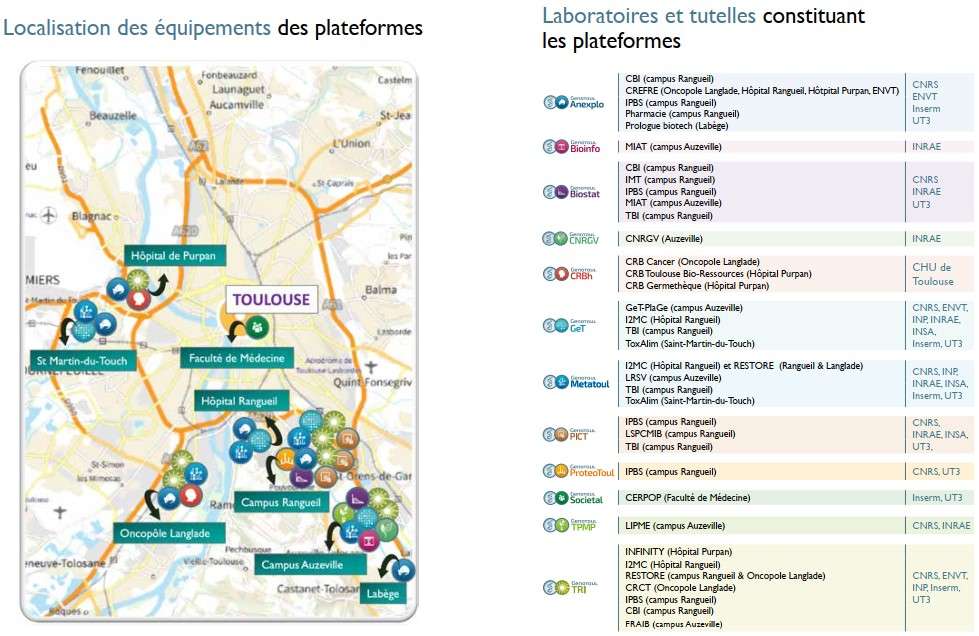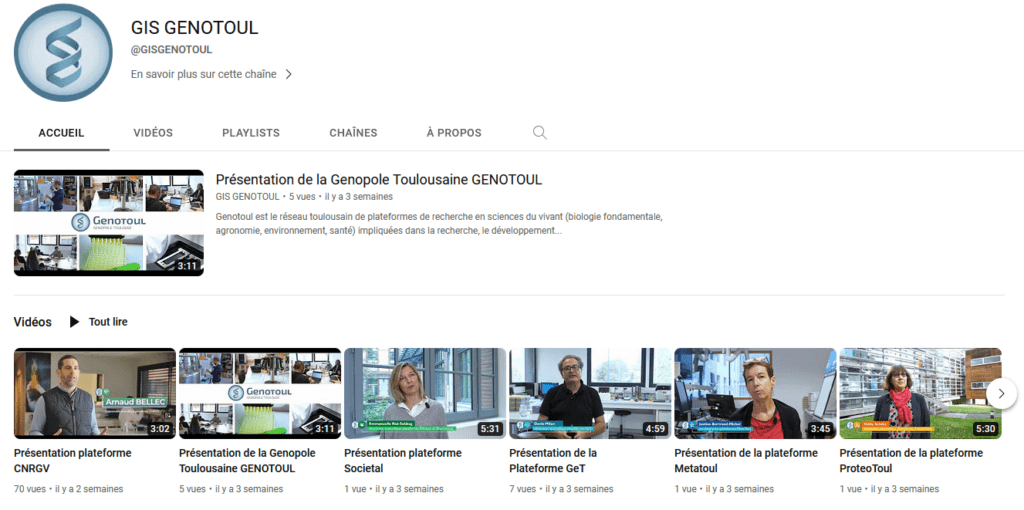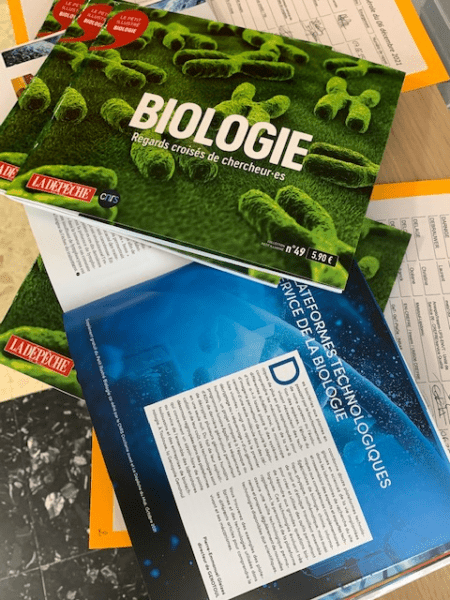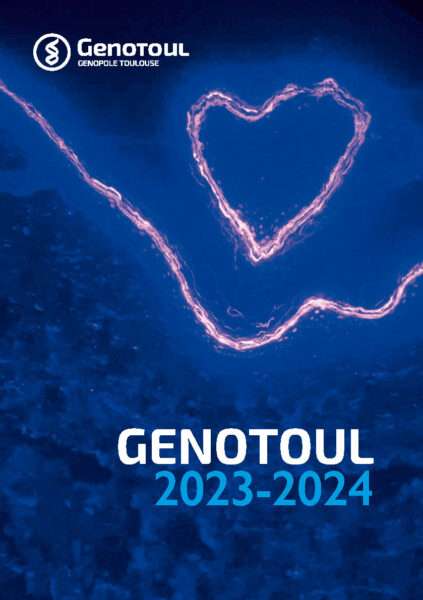The Management Committee is made up of the Director and the members of the Management Committee. It is responsible for applying the policy of the GIS Genotoul. In addition to the Director, the members of the Management Committee are : Valérie Lobjois (Toulouse III – Paul Sabatier University), Xavier Collet (INSERM), Denis Milan (INRAE) and Michel Rivière (CNRS).
The Genoburo brings together the heads of the GIS Génotoul platforms on a monthly basis. It is a forum for discussion and consultation on the GIS Génotoul’s orientations and acts as a relay between the Director and the platforms for the implementation of decisions taken.
The Strategic Orientation Committee (COS) brings together every year the directors of the life sciences research units based in the Toulouse metropolitan area. Its role is to make proposals on the long-term direction and development of Génotoul and to coordinate the management of structuring calls for tenders.
The Group Council defines the strategy, ensures the coherence of the actions implemented and approves Génotoul’s programme of activities. It brings together representatives of the 15 members of the GIS. It meets at least once a year and is chaired by the President of the University of Toulouse.




